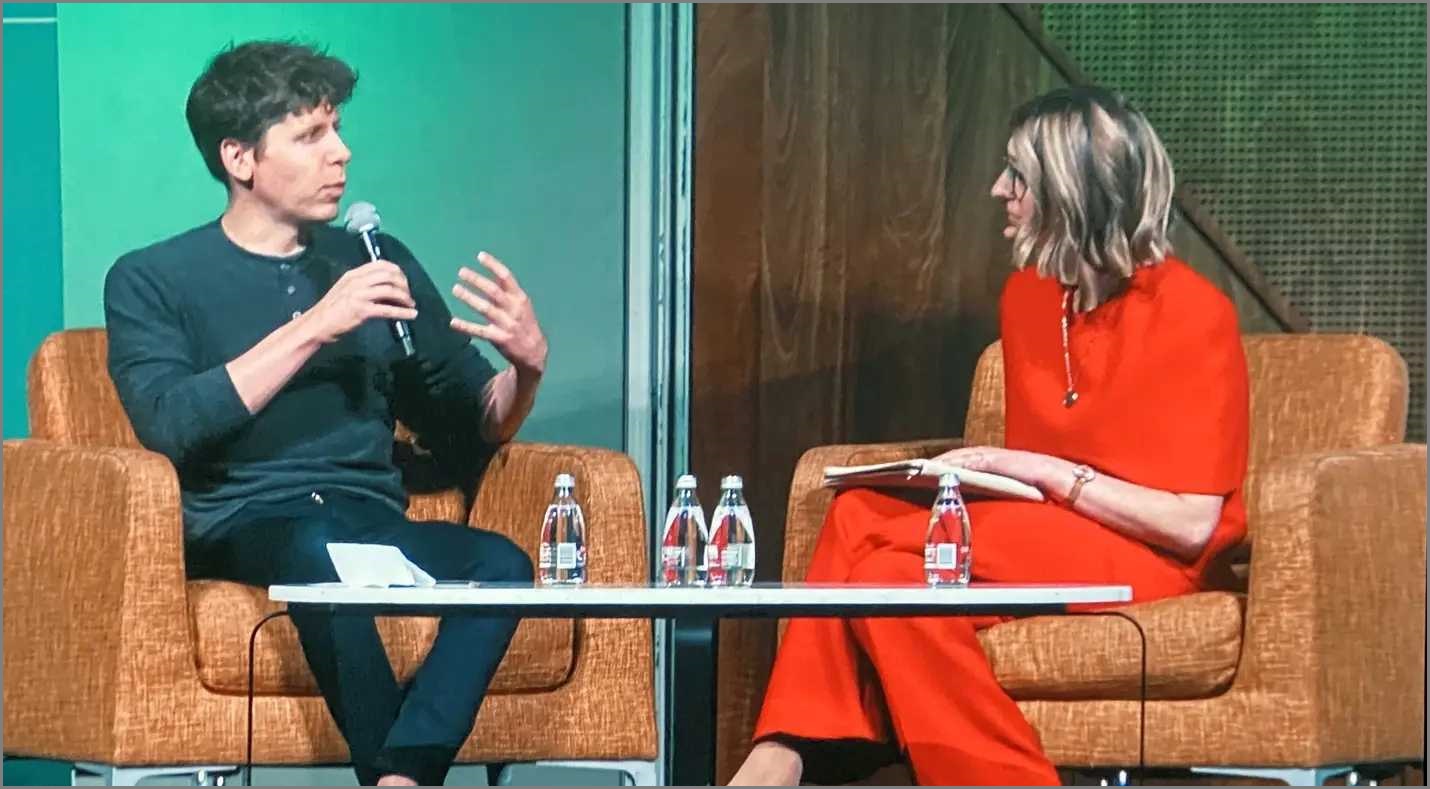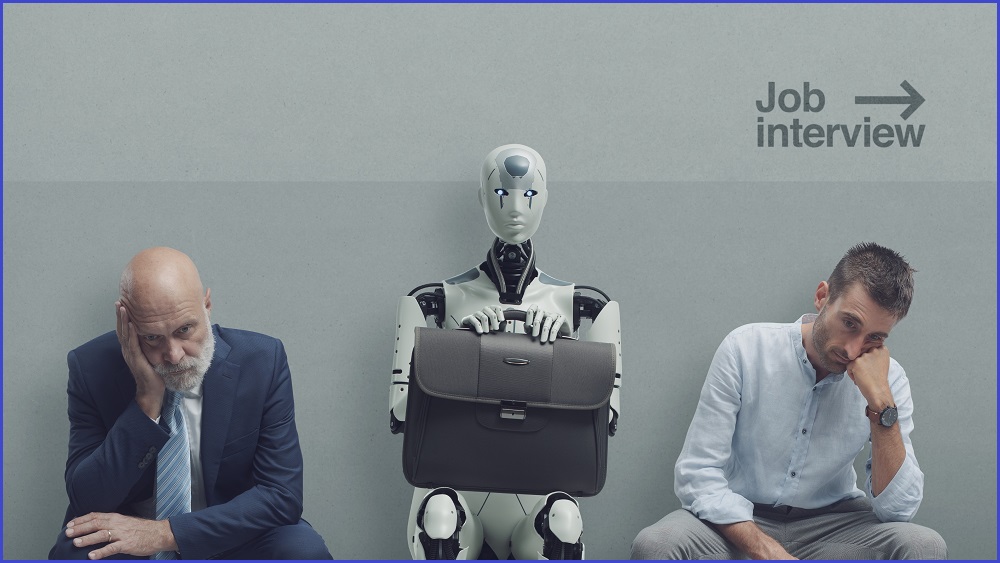OpenAI CEO Sam Altman has downplayed the potential for the technology to take over jobs at an event in Melbourne last week, saying instead the technology will instead put “higher expectations” on human beings.
Altman has an unsurprisingly optimistic view about human nature will respond to the rise of AI, saying he doesn’t think people will “sit around playing video games all day” while computers do their jobs.
“As you give people better tools, they just operate at a higher level,” Altman told a crowd at the Startup Network event on Friday.
“The expectations on all of us will go up but our ability to do things will go up and we will morph our jobs into who knows what – some jobs will totally go away, and there will of course be some totally new ones, too.
“But it's very hard for me to imagine a world without human doctors, even if the day-to-day of being a doctor is quite a different experience.”
Since the unprecedented rise of his company’s product ChatGPT, Altman has been touring the world to talk about the power of AI, its impacts on society, how he wants to see it regulated, and to spread his belief that a superintelligent AI system could destroy humanity.
The Australian leg of this tour had a strong focus on what AI could mean for the future of work, with Altman saying AI will usher in a time when things change much more rapidly than ever before.
“We've lived in a reasonably static world these last few decades,” he said. “I think that's going to change quite dramatically.
“Being able to flourish in that kind of world and what it takes to be flexible and learn and, you know, adapt to new things quickly – that may be one of the most important skills.”
AI is already having an impact on the workforce.
Recently, Westpac experimented with having its software developers use different AI tools and found a 46 per cent boost in productivity without a loss of code quality.
Still, people are worried about what the new tools might mean for their own jobs. A recent survey found 36 per cent of workers were worried AI will take over their jobs.
This has been a very real concern for Hollywood writers who have demanded protection from studios replacing them with generative AI.
Indeed, the release of Marvel’s latest TV series ‘Secret Invasion’ this week showed why artists might be worried when it was revealed the production tapped an AI company to build the show’s opening credits sequence.

Sam Altman spoke at an event in Melbourne last week. Image: Shelin David
When asked about the potential regulatory landscape for AI – most of which does not aim to protect existing workers from displacement – Altman told his Australian audience that there was a surprising amount of interest in his notion that AI could become dangerous.
“We've had a lot of conversations around the world about what an international agency, for lack of a better word, would look like for the governance of super intelligence,” he said.
“How we would have a licensing framework; how we would have tests during training, post training, before we deploy it, to make sure that no one is accidentally going to do something really bad.”
Altman previously told a US congressional hearing that he wanted AI development to be licenced.










